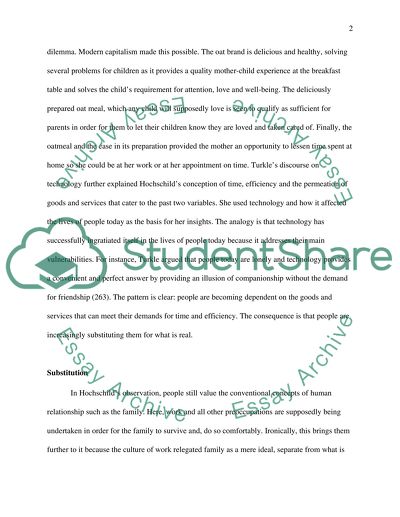Cite this document
(“Technology and Capitalism Essay Example | Topics and Well Written Essays - 1000 words”, n.d.)
Retrieved from https://studentshare.org/english/1436070-how-if-at-all-has-technology-in-terms-of-turkle
Retrieved from https://studentshare.org/english/1436070-how-if-at-all-has-technology-in-terms-of-turkle
(Technology and Capitalism Essay Example | Topics and Well Written Essays - 1000 Words)
https://studentshare.org/english/1436070-how-if-at-all-has-technology-in-terms-of-turkle.
https://studentshare.org/english/1436070-how-if-at-all-has-technology-in-terms-of-turkle.
“Technology and Capitalism Essay Example | Topics and Well Written Essays - 1000 Words”, n.d. https://studentshare.org/english/1436070-how-if-at-all-has-technology-in-terms-of-turkle.


